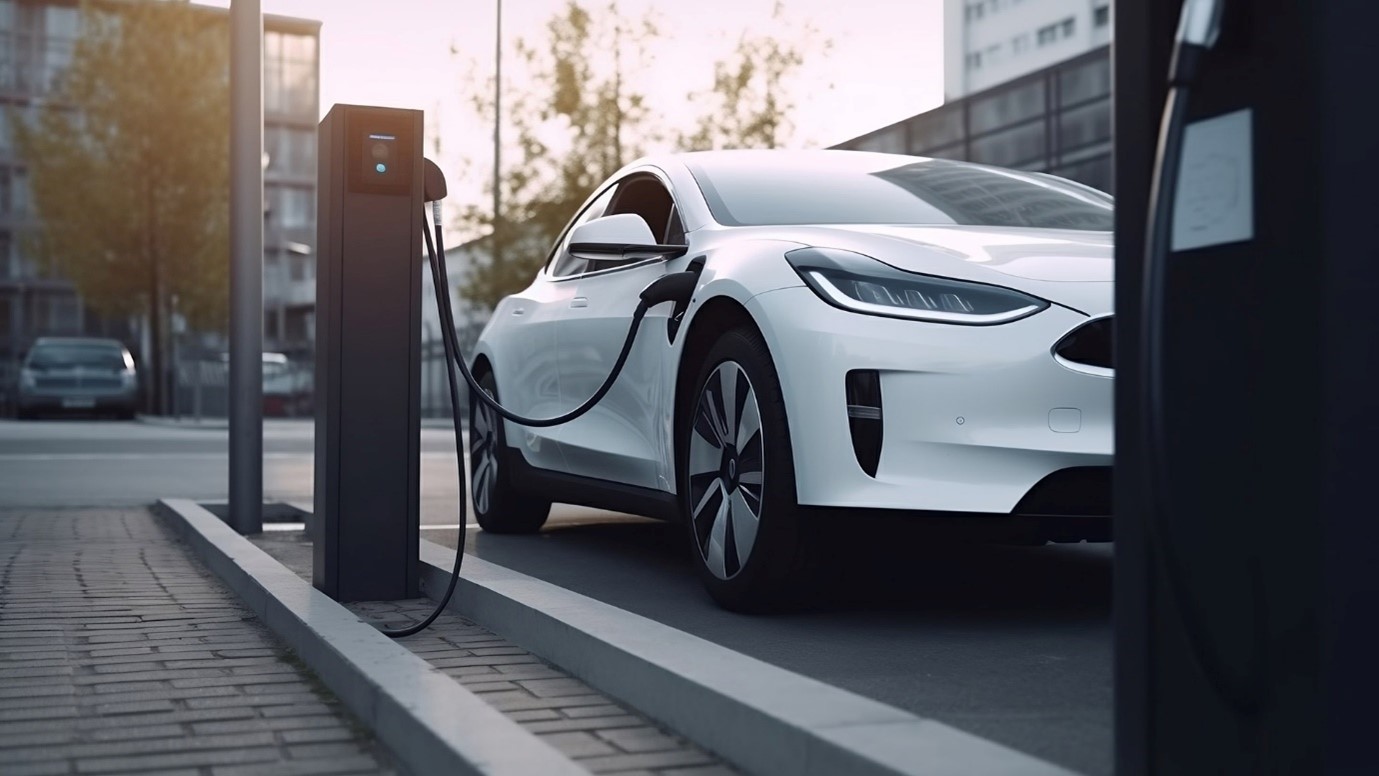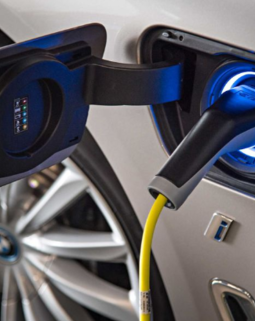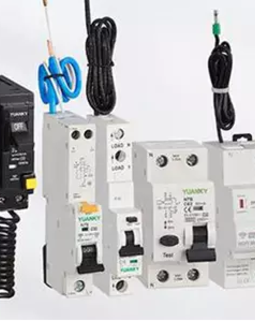Africa’s journey towards sustainable transportation has taken a significant leap forward with the development of new electric vehicle (EV) manufacturing plants in Benin and Togo. These facilities are not just a testament to the region's potential in the EV market but also a pivotal step in positioning Africa as a key player in the global shift towards green technology. The plants symbolize a commitment to reducing carbon emissions, fostering economic growth, and advancing technological innovation in West Africa.
Strengthening Africa's EV Infrastructure
The establishment of these manufacturing plants is part of a broader strategy to enhance Africa's EV infrastructure. By producing electric vehicles locally, Benin and Togo are set to reduce their dependence on imported vehicles, which often come with high costs and environmental impacts. Local production will not only make electric vehicles more affordable for African consumers but will also ensure that the vehicles are better suited to the region's unique driving conditions and energy resources.
These plants will likely serve as a hub for EV production in West Africa, supplying vehicles to neighboring countries and helping to build a robust EV ecosystem across the continent. This move is expected to accelerate the adoption of electric vehicles, contributing to a more sustainable future for Africa.
Economic Growth and Job Creation
The new plants are also poised to deliver significant economic benefits to Benin and Togo. By investing in the manufacturing of electric vehicles, these countries are creating new jobs and opportunities in the green technology sector. From engineers and assembly line workers to sales and maintenance professionals, the plants will generate a wide range of employment opportunities, boosting local economies.
Moreover, the presence of these plants is likely to attract further investment from international companies looking to enter the African EV market. As more businesses recognize the potential of Africa as a burgeoning market for electric vehicles, this could lead to increased foreign direct investment, technology transfer, and collaborations that will benefit the entire region.
Advancing Environmental Goals
The development of EV manufacturing plants in Benin and Togo aligns with the global push towards reducing carbon emissions and combating climate change. Electric vehicles are a critical component of this effort, as they produce zero tailpipe emissions, significantly reducing the environmental impact of transportation.
For Africa, where the effects of climate change are already being felt, the transition to electric vehicles is particularly urgent. By manufacturing EVs locally, Benin and Togo are contributing to a cleaner environment and helping the continent meet its climate targets. This shift also supports global efforts to achieve sustainable development goals, particularly those related to clean energy and sustainable cities.
Africa's Growing Role in the Global EV Market
The new EV manufacturing plants in Benin and Togo highlight Africa's growing role in the global electric vehicle market. As the world moves towards greener technologies, Africa is emerging as a key player, with the potential to become a major producer and consumer of electric vehicles.
These plants represent the beginning of a new chapter for Africa's automotive industry, one that is rooted in sustainability, innovation, and economic development. By investing in the production of electric vehicles, Benin and Togo are not only advancing their own economies but are also contributing to a global movement towards a cleaner, more sustainable future.
Conclusion
The establishment of electric vehicle manufacturing plants in Togo is a milestone for Africa’s EV industry. It underscores the continent's potential to play a significant role in the global transition to sustainable transportation. As these plants begin production, they will bring economic benefits, support environmental goals, and position Africa as a leader in green technology. This development marks an exciting step forward for the region, paving the way for a cleaner, more sustainable future.





